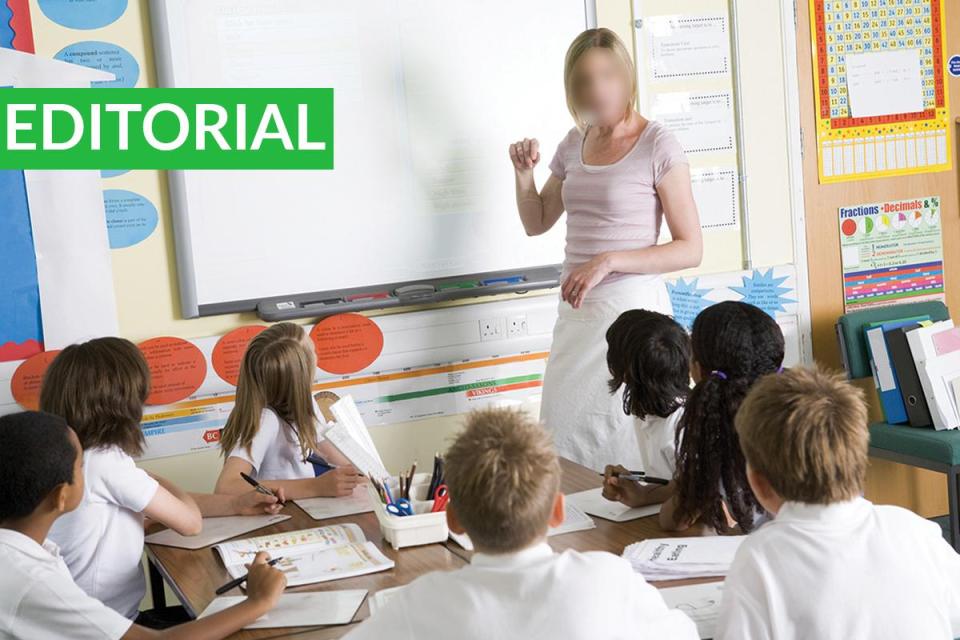Editorial: Freedom of thought under siege
The fact that the state feels the need to restrict its educators’ freedom of expression is worrying

The Education Ministry announced a new regulation via circular requesting that all educators, at all levels, should seek written permission from the Education Department before speaking to the media.
This means, in theory, that all academics or educators involved in activism of any type, as well as political activities, should receive the government’s blessing before airing their views. The government justified this stance by claiming that educators’ statements should be in line with the ministry’s policies, without giving the perception of political bias.
This measure comes in the context of a €27 million subsidy to private schools announced weeks before Budget 2025, protests by students and lecturers at the MCAST, a brush with the UPE, as well as an unpleasant incident at the university in which an activist group had its stand cleaned out by the KSU.
There seems to be plenty of fire under Education Minister Clifton Grima’s seat, particularly as many educators and parents are displeased at the state aiding its own rivals in education. Some have asked loudly about what could have been done with a €27 million injection in public schools.
Moreover, the protracted standoff at MCAST has seen students and educators protesting side by side, with none of the solutions promised by the prime minister appearing on the horizon.
That the state feels the need to restrict its educators’ freedom of expression is worrying. First, it goes against the idea of encouraging participation and diversity, even of views, let alone consulting educators themselves before issuing such directives.
In this regard, Il-Kollettiv president and educator Jeanette Borg noted how decisions are being taken far from those in the classrooms while the directive itself – part of which seeks to silence the academia – betrays a certain paranoia on the government’s side.
Imagine this: educators in sociology, social studies, anthropology, systems of knowledge and many other subjects will be teaching their students about a right they cannot exercise themselves; they are being asked to remain motivated on the job, but their rights are being curtailed. It’s like asking someone to play the drums all day but punishing them for clapping in their free time.
Censoring dissent is also a quick fix for Grima, in the sense that, at some point or other, things will inevitably boil over and the disenchantment felt by many educators will be directed elsewhere, onto some other cabinet colleague’s lap. Essentially, it means that reforms can be postponed indefinitely as long as nobody is complaining about them.
After all, there’s an electoral trade-off here: teachers and parents of private schools will remember how Labour kept the schools open by using public money while ongoing issues in the education sector may not dissuade enough educators from voting Labour anyway.
There’s a practical aspect to this circular as well. It means that activist-educators will have to watch their words in the classes and lecture halls as well, instead of fostering debate and an approach to freedom of expression that highlights both rights and responsibilities.
It will be a daunting task to control thousands of educators from speaking to the media, especially in today’s blurred mediascape, and more so to “align” them to the ministry’s policies by brute force.
It’s already troubling that countless public officials remain silent for fear of being threatened with job transfers. Even more disheartening is that this occurs in a country long marked by self-censorship. The last thing needed is for this silent repression to be formalised.
The measure is the ultimate show of disrespect to those thousands whose job involves a vocation to public service and should be withdrawn unconditionally.